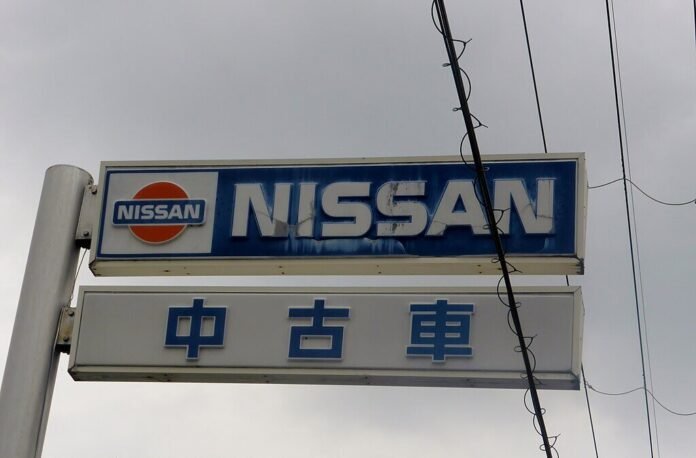Japanese carmakers shed their staff in Sunderland as electric vehicle demand and profits nosedive
Nissan is cutting 250 jobs at its Sunderland factory, the UK’s largest car plant, as it grapples with sluggish electric vehicle (EV) demand and its worst financial results in a quarter-century.
The Japanese automaker announced the move on Monday, confirming that the cuts—representing around 4% of the site’s 6,000 employees—will be made through a voluntary redundancy scheme. The reductions will affect office staff and shop floor supervisors, though core manufacturing roles will remain untouched.
Sunderland, a mainstay of the UK automotive sector since the factory opened in 1986 to produce the Nissan Bluebird, is not only the company’s only European plant but also the city’s largest employer. The facility has long been central to Nissan’s European strategy, and in 2023 it received a £2 billion investment to prepare for the firm’s all-electric future.
That future now appears uncertain.
Global demand for EVs, particularly in Europe, has cooled in recent months, sending shockwaves through carmakers heavily invested in the transition. For Nissan, the timing couldn’t be worse. The company’s profits plunged 88% in the 2025 financial year—its worst performance in 25 years—hammered by weak Chinese sales, pricing pressures in the US, and a sharp rise in energy and labour costs.
The carmaker has committed to phasing out petrol and diesel vehicles by 2030, placing heavy financial bets on the rapid success of its EV range. With demand falling short of expectations, those bets are now squeezing margins. In response, Nissan has unveiled a sweeping global turnaround plan, targeting £2 billion in savings and the layoff of roughly 20,000 employees worldwide—almost 15% of its global workforce.
“This week we are beginning discussions with some of our team in Sunderland about the opportunity to voluntarily leave Nissan, with support from the company,” a Nissan spokesperson said. “This will support the plant’s efficiency as we aim to become a leaner, more resilient business.”
Embed from Getty ImagesDespite the redundancies, the Sunderland plant remains central to Nissan’s EV ambitions. Production of the new, fully electric Leaf is set to begin there this year, with an electric version of the Juke to follow in 2026.
“Our Sunderland plant remains at the forefront of our electrification strategy,” the spokesperson added, underlining Nissan’s long-term commitment to the site.
Still, the job cuts are likely to fuel concerns about the viability of Britain’s car manufacturing sector amid shifting consumer trends and global economic turbulence. Sunderland, once a symbol of post-industrial renewal, now faces fresh uncertainty as the EV transition wobbles and Nissan retools its global operations.
In the short term, the redundancy plan may offer cost relief, but analysts say a broader solution will require Nissan to reignite demand for its EVs and navigate competitive pressures from newer, more agile entrants to the electric market.
As of now, the firm is hoping a leaner structure and focused EV rollouts will put it back on track.
